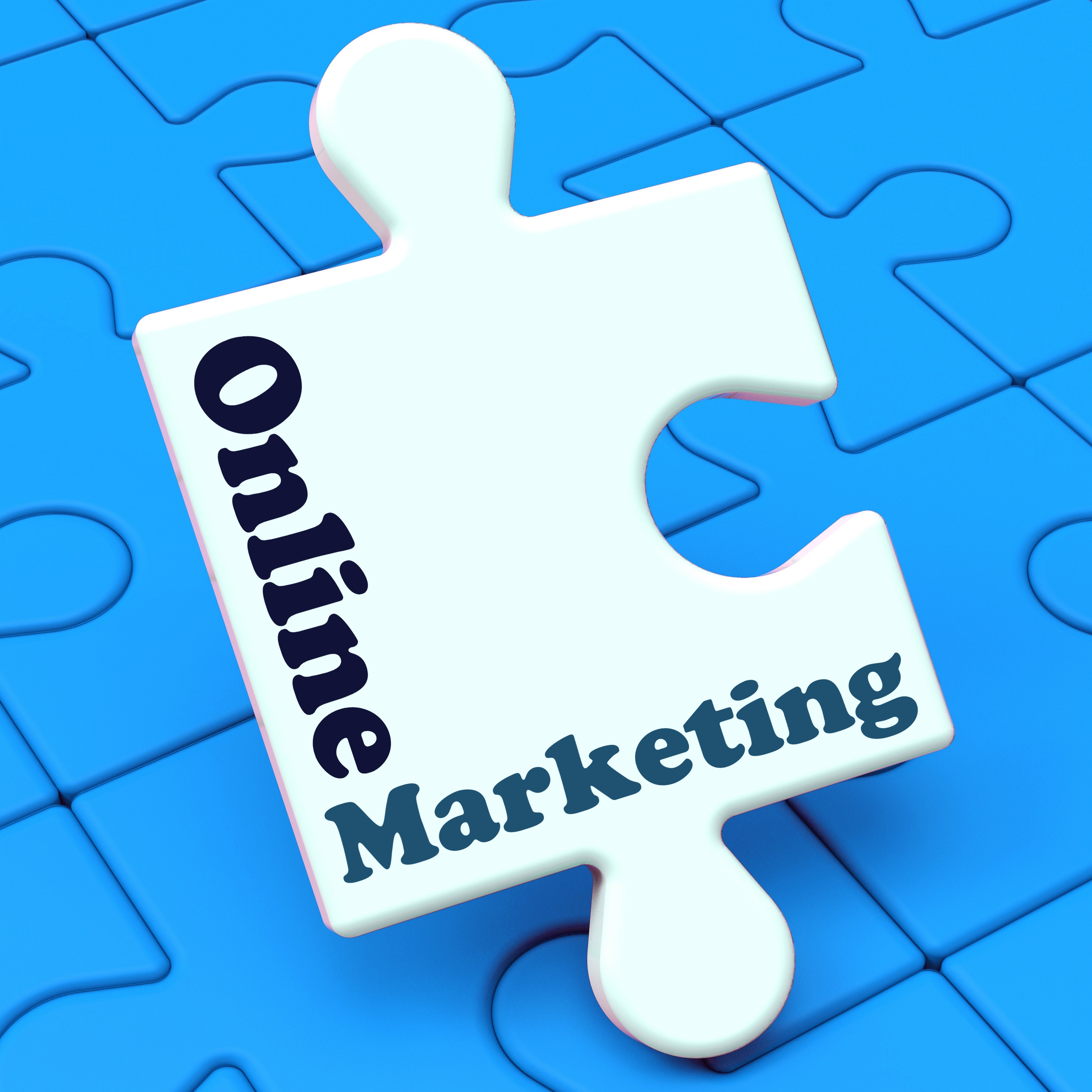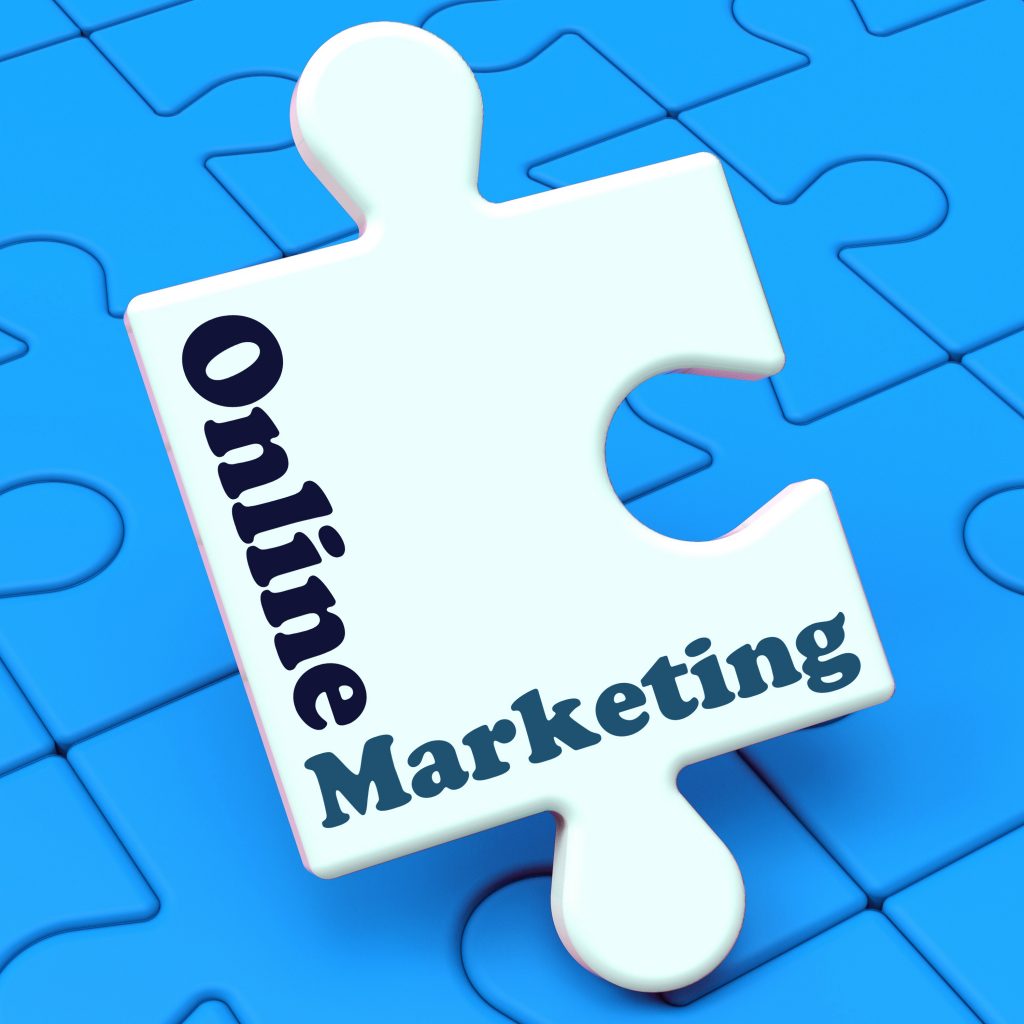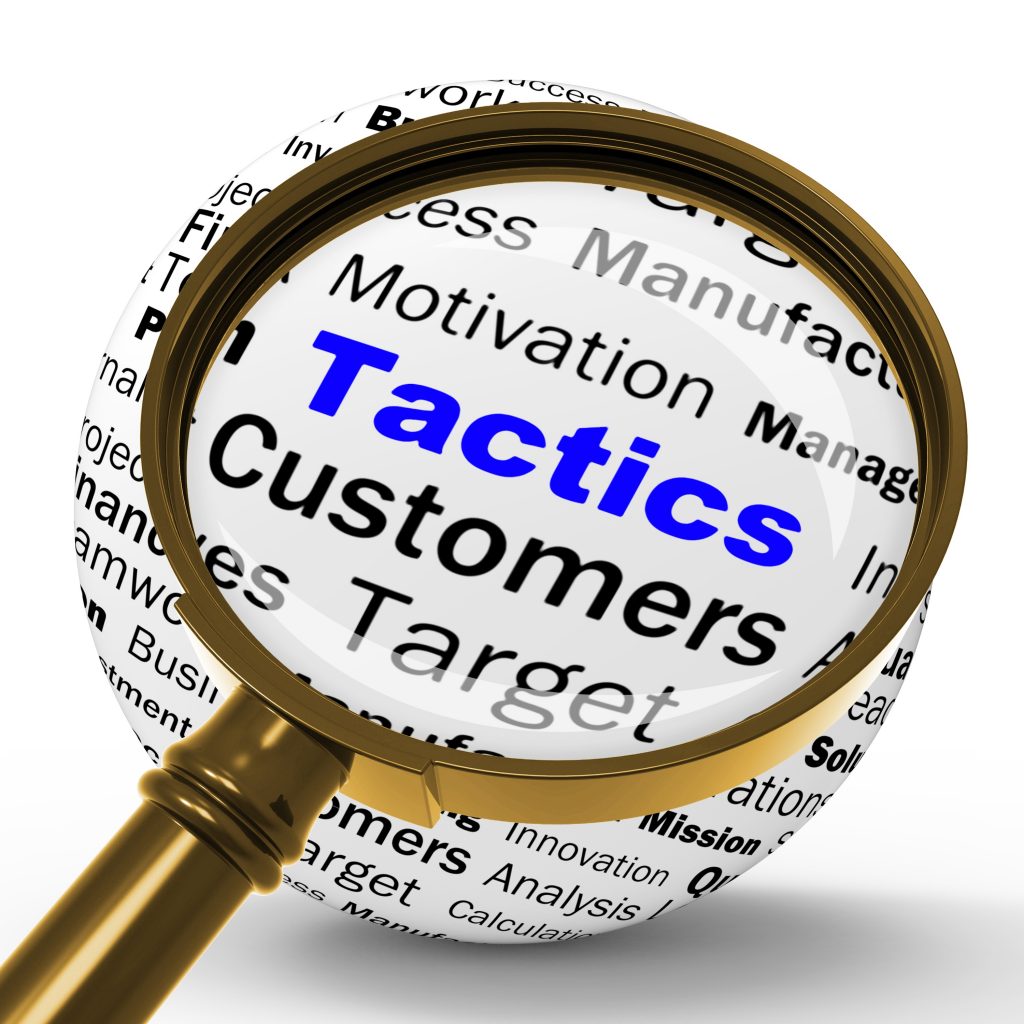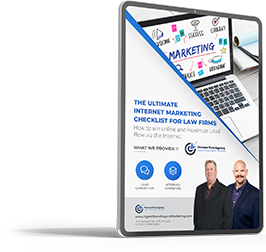
As an insurance agency owner, the success of your small business depends mostly on the effectiveness of your marketing. It all comes down to the way you introduce your products and services into the lives of your potential clients. There are many ways to market your business these days, but insurance agency marketing is far from straightforward.
You have multiple channels both online and offline through which you can promote your agency. Each channel demanding time, money, and resources from your fledgling business. It is not feasible to use all the available marketing avenues, but using too few might mean missing out on important opportunities to promote your brand. What you need is a plan. You cannot begin to tackle the marketing landscape without a solid plan in place.
An appropriate and widely-used quote, attributed to Benjamin Franklin, says “If you fail to plan, you’re planning to fail.” True words, indeed. But what the quote fails to emphasize, is that not just any plan will do. If your plan is to merely “market your business and get more clients,” you may find yourself swiftly overwhelmed.
What you need is a clear, solid marketing plan to set you on the right track to success. And here’s how to achieve that.
Start with the Prospect in Mind
Marketing is all about the prospect. If you try to make it about how great your company is, you will fail. Sure, you will need to get the message across that your agency is the best in town, but as with everything else you do, you must find ways to make it about the prospect.
The people you are marketing your services to will ask themselves one question when they are presented with your marketing message – “what’s in it for me?” If the answer is not apparent from the outset, you will miss out on many opportunities. That is why it is a good idea to build your insurance marketing plan on a foundation of seeing things through the eyes of the prospect.
What objections will they likely have towards buying your insurance product; what questions will they have; will they be skeptical or totally receptive?
The first step in your plan is to get inside the minds of those in your target market. Build a buyer persona that accurately represents your ideal client. Then, you can begin creating a marketing plan suitable for that persona.
{{cta(‘d5cfd355-e14a-4ec0-bb24-9685ce785785′,’justifycenter’)}}
Analyze Yourself
In addition to analyzing your target market, you will need to take an overview of your business and how it is or will be positioned in the market. It is important to identify the opportunities and threats, as well as your strengths and weakness.
Determining opportunities within a market requires taking a close look at your competition. You need to find out what their strengths and weakness are, and then figure out how your traits can be used to gain an advantage.
Set SMART Goals
Goals act as markers along your marketing journey. They help to confirm whether you are on the right track. The setting of goals is tricky, though: too big and you might have difficulty achieving them, too small and it could take too long to build a successful agency.
A good format to follow for goal setting has been reduced to an acronym known as SMART.
S – specific, significant, stretching
M – measurable, meaningful, motivational
A – agreed upon, attainable, achievable, acceptable, action-oriented
R – realistic, relevant, reasonable, rewarding, results-oriented
T – time-based, time-bound, timely, tangible, trackable
Your goals can include revenue objectives, a target number for your book of business, or a certain number of social media followers. If the goals adhere to the SMART rule of goal setting, and they are appropriate to your overall business efforts, you should include them.
Set up Analytics Channels
Nowadays, you can track pretty much every aspect of your marketing campaigns. Tracking is important because it allows you to see what is working and which aspects need improving. You can set metrics based on the goals you have set, and then monitor them through various analytics tools such as Google’s own free analytics tool.
This article on “Social Media ROI for Insurance Agencies” lists several analytics tools along with how to use them to your benefit. For now, it is worth noting that those tools will play an important role in the success of your marketing. They take out the guesswork involved in trying to reach a mass market and help to limit wastage of your marketing budget.
You can link most analytics tools to your website, social media channels, or any other digital channels where your brand is present. For offline marketing activities, some tools provide facilities for tracking telephone numbers, emails, or other forms of contact that people might use.
Create a Publishing Schedule
Publishing content is one of the most important things you can do for your marketing campaign. The type of content you publish and distribute will depend on your target market and any regulatory restrictions under which you operate. But, for the most part, you will need to have a publishing schedule.
To maintain a solid brand presence and establish an agency that people know, like, and trust, you will need to distribute content across multiple channels. That includes your website, social media platforms, and in offline formats such as newsletters. The process demands consistency and quality, and for that, you will be better off with a publishing schedule.
It doesn’t have to be vast or complicated. Start small, perhaps one post per day, and build up to something more robust as market conditions and your agency’s resources dictate.
Here is another important quote about plans, this time from Peter Drucker. He once said, “Plans are only good intentions unless they immediately degenerate into hard work.” So, now that you have a plan of action, it is time to get to work and begin turning your insurance agency into the success we all know it can be.






